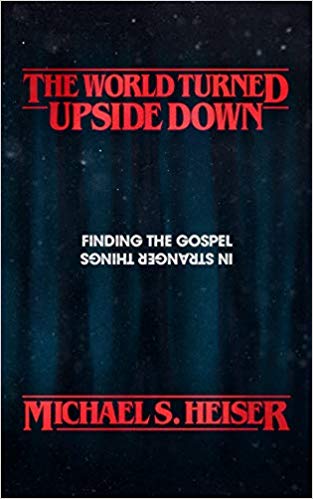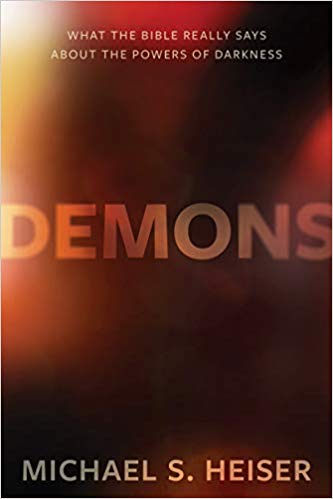 Both my forthcoming books are now on Amazon for pre-order, so I thought I’d post the links here (click on the covers). The Stranger Things book ships October 16, 2019.
Both my forthcoming books are now on Amazon for pre-order, so I thought I’d post the links here (click on the covers). The Stranger Things book ships October 16, 2019.
From the Introduction:
“Mythic genres like fantasy and science fiction allow storytellers to play off the supernatural and utopian impulses of their readers, consciously or unconsciously. Stranger Things does this exceedingly well. As for the gospel, we should not be surprised that, recollecting a conversation with J. R. R. Tolkien and Hugo Dyson, C. S. Lewis was led to faith by the realization that ‘the story of Christ is simply a true myth: a myth working on us in the same way as the others, but with this tremendous difference that it really happened’. 1
Stranger Things taps into spiritual questions and crises and addresses them the way the gospel story does, with mystery and transcendent power, justice, and love. The goal is simply to discern elements of Stranger Things that make us think about the story of Jesus and which draw attention to God’s salvation plan. For those familiar with the New Testament story of Jesus, we’ll see in the pages that follow that the show offers compelling, imaginative portrayals of important spiritual truths. For others, Stranger Things can plant the seeds of the gospel of Jesus Christ—the myth that is true.”
I hope to have copies of the Stranger Things book at the Naked Bible Conference in October.
 The Demons book is slated to ship on March 25, 2020.
The Demons book is slated to ship on March 25, 2020.
From the Introduction:
“As familiar as the subject matter of demons might seem, Demons: What the Bible Really Says About the Powers of Darkness will surprise you. Most readers will expect a lot of discussion on Satan, demons, and the “principalities and powers” of Paul’s writings. We’ll certainly cover those subjects, but I need to prepare you at the outset that a good bit of what you’ll read in this book about those (and other) divine enemies of God will not conform to what you’re already thinking. There will be material in here that you’ve never heard in church or perhaps even a seminary class.
I’m announcing this at the outset because, when I decided to write a book on the powers of darkness, I did so despite knowing that there were serious obstacles to overcome. To be blunt, Christians embrace a number of unbiblical ideas about the powers of darkness. The reasons are twofold and are related. First, most of what we claim to know about the powers of darkness does not derive from a close study of the original Hebrew and Greek texts. Second, much of what we think we know is filtered through, and guided by, church tradition—not the original ancient contexts of the Old and New Testaments.
[An important difference this book makes is understanding] how the evil cast of characters in the Old Testament came to be in an adversarial posture against their Creator. Contrary to most Christian traditions, there were three, not one, divine rebellions, the first two of which framed ancient beliefs about Satan, the problem of human depravity, and the origin of demons. The third is the point of reference for the “princes” of Daniel 10 and Paul’s teaching on the principalities and powers. These divine rebels are distinct—they are not rebellions committed by the same entities.”
- C. S. Lewis, letter to Arthur Greeves, September 22, 1931. ↩



